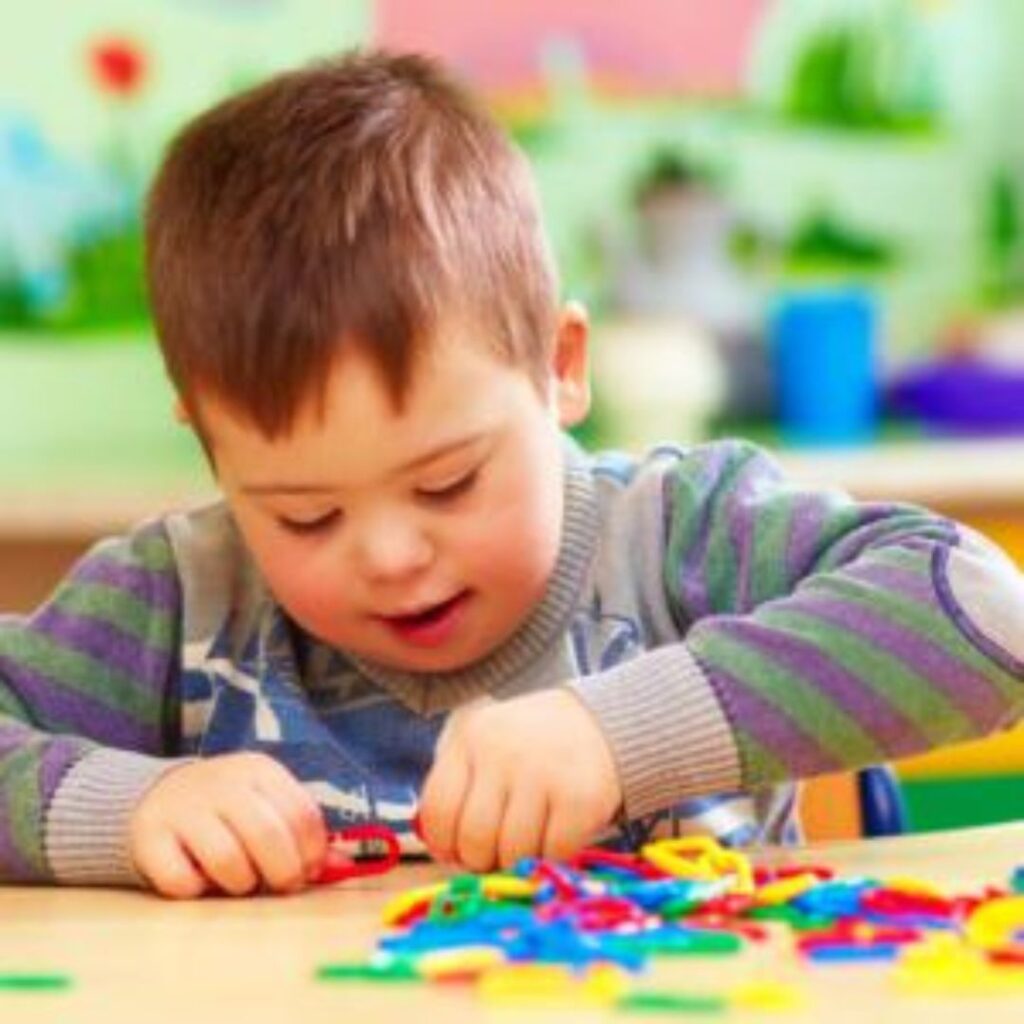Dental Visit Guide for Children with Autism & Sensory Issues

A visit to the dentist can often include a lot of new sights, sounds, smells, and sensations. For children with autism spectrum disorder (ASD) or individual sensory issues, the abundance of sensations and stimuli may be overwhelming. However, making regular trips to the dentist is an incredibly important part of building a good oral health program for children.
This article will provide tips for helping children with autism address dental health habits and prepare for regular visits to the dentist. Practice makes perfect! Regular brushing is essential to maintaining a child’s oral health, but some autistic children and those with unique sensory challenges experience difficulties in doing so. This may be difficult for a variety of reasons.
Sensory-Seeking Children
For sensory seeking children, brushing their teeth may be helpful in providing a calming effect. In order to ensure that all teeth are cleaned properly, consider the use of a rotating or electric toothbrush to provide additional stimulation. Parents can also sing a song like “This is the Way We Brush Our Teeth” (Set to the tune of “Here We Go ‘Round the Mulberry Bush”) to make sure their child spends enough time brushing their teeth.
For children that are sensory avoiders, reluctance maybe because of the taste of the toothpaste, the sensation in and around their mouth, or a combination of factors. There are a variety of unflavored kinds of toothpaste that may be helpful for children where taste is the primary objection.
Toothbrushing Tolerance for Sensory Avoiders
Dentists recommend that all children should be actively supervised when brushing their teeth up until the age of 7-8 years of age. Some children may require a parent’s assistance in brushing their teeth until they are a bit older. To help your child become more comfortable in brushing their teeth or having their teeth brushed, consider a gradual approach in assisting them. You can move on to each step in the routine once your child feels comfortable with the previous step.